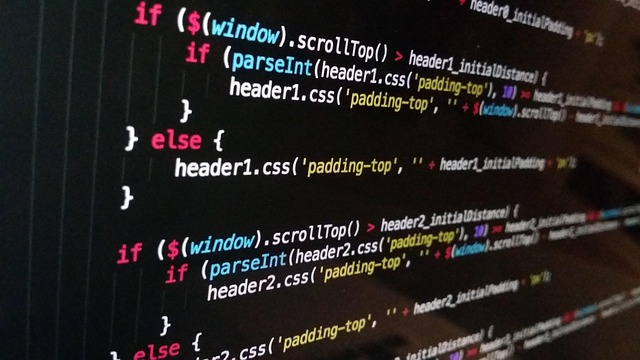Partial Hospitalization Programs (PHPs) in Hackensack, New Jersey, offer a flexible yet intensive treatment option for mental health and addiction issues. These programs cater to teens and young adults, providing evidence-based therapy, medical supervision, and personalized support networks as an outpatient alternative to inpatient care. With high retention rates and successful outcomes, PHPs effectively treat anxiety disorders, PTSD, and eating disorders, combining structured schedules with group activities and individual care for improved mental health outcomes.
In the vibrant healthcare landscape of New Jersey, Partial Hospitalization Programs (PHPs) have emerged as a game-changer in treating various mental health conditions. This article explores the success of PHPs in Hackensack, focusing on their benefits and remarkable results. We delve into the strategies that contribute to effective partial hospitalization, providing insights for healthcare professionals and families seeking innovative treatment options in Hackensack, New Jersey.
- Understanding Partial Hospitalization Programs in New Jersey
- Benefits and Success Rates in Hackensack's Healthcare Scene
- Key Strategies for Effective Partial Hospital Settings
Understanding Partial Hospitalization Programs in New Jersey

In New Jersey, Partial Hospitalization Programs (PHPs) play a crucial role in providing specialized care for individuals facing various mental health and addiction challenges. These programs offer a structured yet flexible treatment environment, catering to those who require more intensive support than outpatient services can provide but don’t necessitate a full-time residential stay. PHPs are particularly prevalent in urban areas like Hackensack, where the demand for accessible and comprehensive care is high.
For teens and young adults grappling with addiction or dual diagnosis in Hackensack, New Jersey teen partial hospitalization services offer a promising path to recovery. These programs integrate evidence-based therapeutic interventions, medical monitoring, and personalized support networks. As an outpatient alternative to traditional inpatient care, Hackensack outpatient addiction recovery centers provide a balance between independence and intensive treatment, making them ideal for individuals seeking to regain control over their lives while receiving expert guidance and constant supervision.
Benefits and Success Rates in Hackensack's Healthcare Scene

In Hackensack, New Jersey’s healthcare scene, Partial Hospitalization Programs (PHPs) have emerged as a game-changer in the treatment of substance use disorder and dual diagnosis cases. These programs offer an intensive yet flexible approach, allowing patients to receive specialized care while maintaining some independence. PHPs cater to individuals who require more support than traditional outpatient rehab but don’t need the full-time commitment of inpatient care.
The success rates within these programs are promising. Hackensack’s dual diagnosis treatment centers and substance use disorder rehab facilities have reported high retention rates, with many patients completing the program successfully. The tailored nature of PHPs ensures that each patient receives personalized therapy, addressing their unique needs and challenges. This comprehensive approach has led to improved outcomes, with patients demonstrating reduced substance abuse, enhanced coping skills, and better overall mental health upon discharge.
Key Strategies for Effective Partial Hospital Settings

In the realm of mental health care, Partial Hospitalization Programs (PHPs) have emerged as a successful model, especially in vibrant cities like Hackensack, New Jersey. These programs offer intensive yet flexible treatment options for various conditions, such as anxiety disorders, post-traumatic stress disorder (PTSD), and eating disorders. The key to their effectiveness lies in strategic planning and tailored interventions.
One of the primary strategies involves creating a structured daily schedule that balances therapy sessions, group activities, and individual care. For instance, a typical day at a PHP might include morning group therapy for PTSD survivors, followed by specialized eating disorder education classes, and individual counseling sessions in the afternoon. This well-organized routine ensures consistent progress while providing a sense of normalcy, which is crucial for recovery. Additionally, fostering a supportive community within the partial hospital setting encourages peer learning and boosts motivation among patients.
Partial Hospitalization Programs in Hackensack, New Jersey, have proven effective, offering substantial benefits to patients and communities alike. With successful outcomes documented across various healthcare facilities, these programs play a pivotal role in enhancing patient care while optimizing resources. By implementing key strategies discussed, such as tailored treatment plans and multidisciplinary teams, partial hospitalization settings can continue to thrive and improve lives. This specialized care model is a game-changer for those seeking comprehensive yet flexible support, ensuring better health outcomes and enhanced quality of life in the vibrant healthcare landscape of New Jersey.

